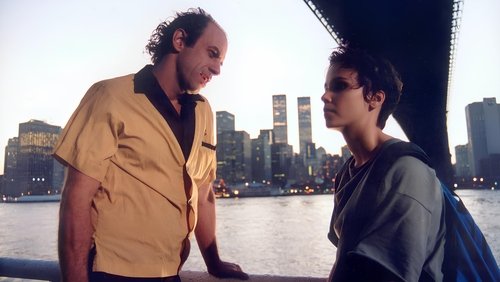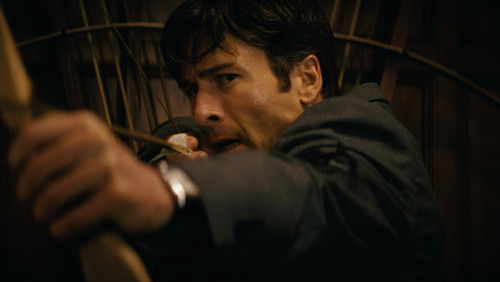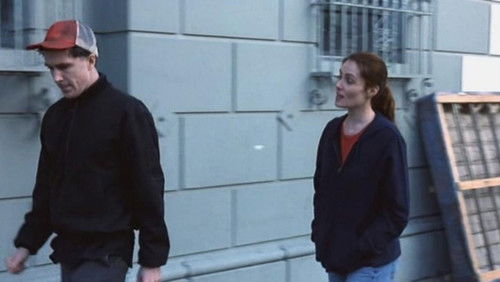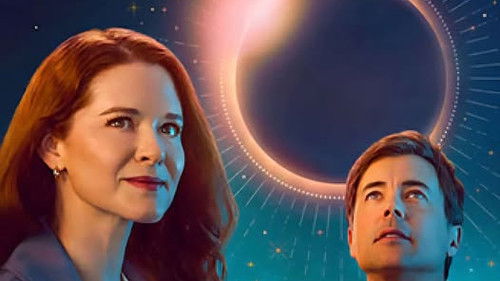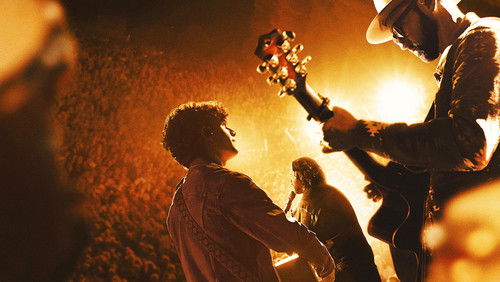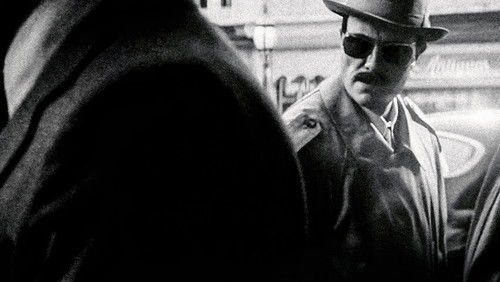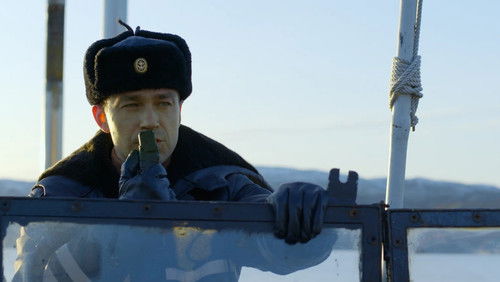In der Hitze der Nacht (1967)
54KIn der Hitze der Nacht: Directed by Norman Jewison. With Sidney Poitier, Rod Steiger, Warren Oates, Lee Grant. A black police detective is asked to investigate a murder in a racially hostile southern town.
“Whether he likes it or not, Sidney Poitier will always be remembered first and foremost as the first black actor to continuously star alongside and above his white counterparts. Just look at the opening credits to u0026quot;In the Heat of the Nightu0026quot; and you will see that not only does he get an above the title starring credit with method maniac Rod Steiger, but his name also appears first. Something that could have easily been switched around and overlooked considering the importance of each character. But for this socially aware thriller born of the turbulent sixties, it had to be, most definitely, a conscious choice.u003cbr/u003eu003cbr/u003eFor Poitier, this film, along with u0026quot;Guess Whou0026#39;s Coming To Dinner?u0026quot;, marks the last of his civil rights driven roles in which his characteru0026#39;s race is an all important plot element. From u0026quot;Edge of the Cityu0026quot; to u0026quot;The Defiant Onesu0026quot;, Poitier excelled in bringing intelligent and commanding three dimensional characters to life. A feat he had to succeed at if his films were to gain the trust of a predominantly white audience and push for racial equality. Call him the Jackie Robinson of Hollywood.u003cbr/u003eu003cbr/u003eWhen we first see Poitier as Virgil Tibbs, he is stepping off the train in the small Mississippi town of Sparta. Although we can only see him from the waist down, we do get a quick glimpse of his hand and from that we are aware of his race. An important fact for the audience to dwell on later when Rod Steiger as sheriff Gillespie, standing over a dead body on Main Street, and calls for his deputy to round up any strangers for questioning. From that moment on, director Norman Jewison establishes the racial tension that will only grow more and more intense as the film goes on.u003cbr/u003eu003cbr/u003eSometimes, the film is far from subtle in exploring the issue of racism. Endicottu0026#39;s plantation, complete with tall white pillars and a black jockey lawn ornament to guard them, is a perfect example. What starts off as a surprisingly civil conversation between Tibbs and Endicott quickly turns heated and unpredictable. From that moment on, the experience will serve to cloud Tibbsu0026#39; judgment and bring his own flaws to the surface, making him almost as complex a character as Gillespie. u003cbr/u003eu003cbr/u003eAnd it is the complexity of Gillespie that got Steiger the Best Actor Oscar over Poitier in 1968. This man has heart, but not made of gold, and his motivations are far from pure. He is simply a man who believes in doing his job, and doing it as just as possible – even if it means arresting a friend for murder. Take for an example the scene in which Tibbs is surrounded by a gang of blood thirsty locals. When Gillespie arrives to save the day, he simply gives them a warning and tells them to go home. It is only when they insult him personally that he becomes angry and takes a swing. His action is just – his motivation almost vain.u003cbr/u003eu003cbr/u003eIn the end, after the murder is solved and racial injustice is swept back under the rug, Tibbs and Gillespie say their farewells and continue on with their very different lives. Each one better off for knowing the other.u003cbr/u003eu003cbr/u003eRating [on a 5 star system] : 5 stars”


